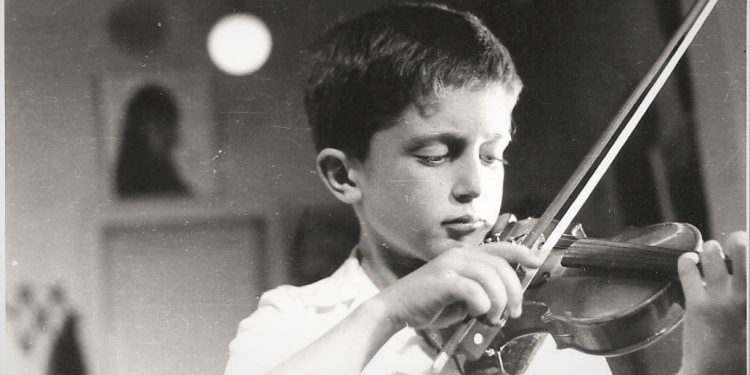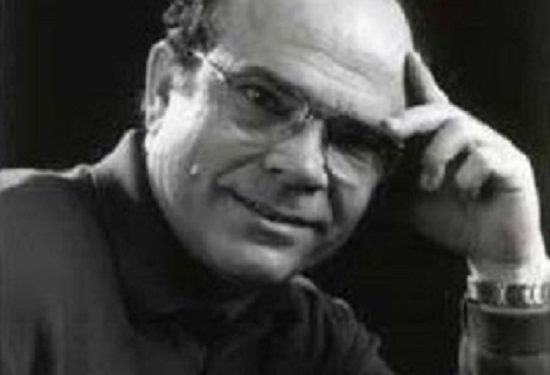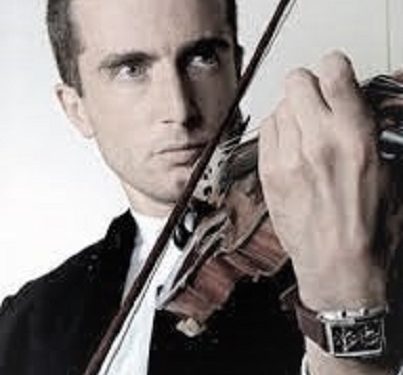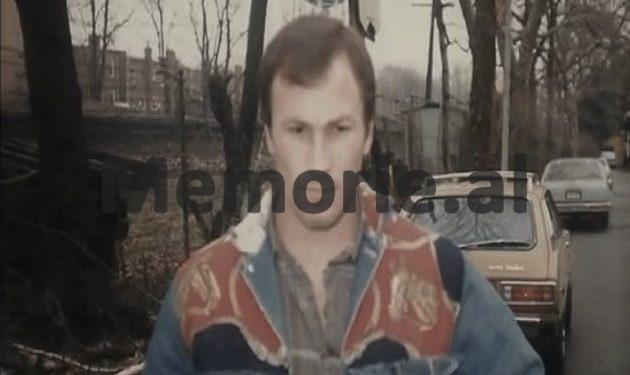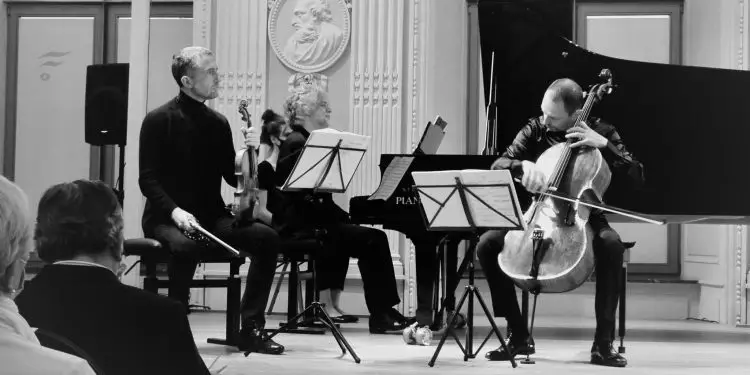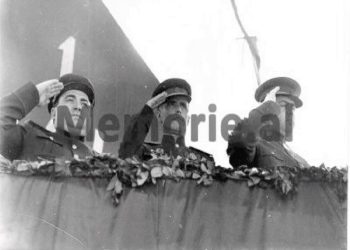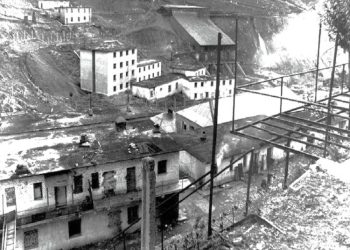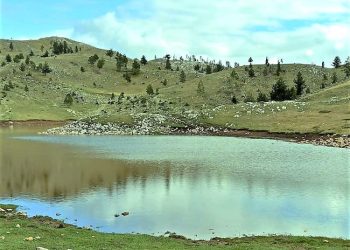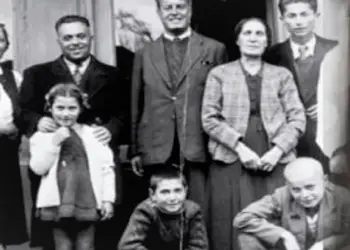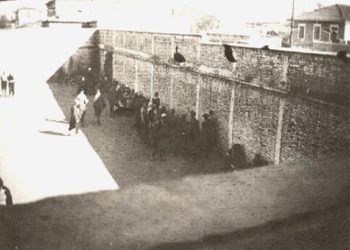By Vasil Qesari
Memorie.al/ The overthrow of the great totalitarian edifice in Albania would leave behind, not only the change of the system, accompanied by lots of hopes, mirages and cries of happiness but, unfortunately, also many wounds, dramas, victims, dust, milk and disappointments from the most different. Ten years and more after that event, which deeply shook society, completely overturning many previous codes, rules and concepts, people still continue to ask themselves such questions as: What really happened in society Albanian, during the last 50 years of the dictatorship? How was it possible that the system managed to warp everything? Why did people accept it? What was the totalitarian logic of the transformation of society and the individual? How were the structures of totalitarian mechanisms conceived and functioning: propaganda, secret police and the exercise of the ideology of terror? How did it happen that among all the communist countries of Eastern Europe, Albania was considered an exception or a special case? Why did Enver Hoxha remain blindly, fanatically loyal to Stalin until the end, turning the country into a prison where violence, fear and purges continued until the end of the 80s? Why was the country so insanely isolated, locking people up between bunkers and barbed wire? Why, then, did all the above phenomena happen…?! The book “Post-scriptum for Dictatorship” does not claim to provide definitive answers to the above questions, or the complexity of the reasons that brought and maintained the totalitarian power in Albania. Nor is it a complete, deep and comprehensive fresco of the life and suffering that people experienced during that system. Its author, perhaps, has the merit that together with the retrospective view of the totalitarian period as well as the zeal of a passionate analyst, he has tried to turn his head back once again, to give not only his personal memories and opinions, but also to return once again to the vision of that era with the simple philosophy of preserving the Memory and supporting the Appeal to never forget the well-known maxim, that…the corpse’s nails and hair continue to grow even after death! Ten years or more after the great revolution, the book in question has current value and we hope it will be appreciated by the reader because, as an Albanian researcher also says… the greatest evil that can happen to a people comes when he fails to analyze his own past. An amnesic people are forced to be constantly neuropathic and repeat their painful experiences…!
THE EXILE OF THE PAPAVRAM FAMILY
Not infrequently it had happened that various Albanians who were given the opportunity to go abroad for reasons of service, refused to return to their homeland. This thing happened more often with sports teams that participated in international meetings. Thus, in 1985, two champion weightlifters that had become symbols of seasoned Albanian youth, sought political asylum in a foreign country.
Meanwhile, the refusal to return to Albania by the weightlifting champion, Aleksandër Kondo, was an event that shocked the whole country. A little later, a translator of the national football team remained on the island of Malta, taking with him the entire amount of currency for travel expenses.
Whereas, in the fall of 1987, two footballers from Vllaznia Shkodra who played in Finland, after the return match, when they came to Greece, disappeared without a trace and then it was learned that they had presented themselves to the police where they had sought political asylum. These sensational events made the local authorities take a series of special measures.
Thus, in addition to the rarefaction and several times the suspension of participation in international activities, the few teams that went out were reinforced not by one, but by two Security operatives, without talking about special athletes who also did the work of informants his.
But, from 1985, a drama took place, which took almost national proportions. That was the escape of the Papavrami family.
But how did the events develop…?!
In Tirana, there had been talk of a ‘child prodigy’ named Ted Papavrami for years. The phenomenal little boy passionate about the violin was the son of Robert Papavram, a music teacher at the “Jordan Misja” Artistic High School. Tedi, went abroad for the first time at the age of 8, during a tour of the Folk Song and Dance Ensemble in Kosovo. The talented boy excelled in his high interpretation technique, especially in Paganini’s sonatas.
Meanwhile, from the beginning of the 80s, his father, Roberti, started giving violin lessons to Enver Hoxha’s grandson. He regularly went to “Blok”, among villas, flower gardens, pine trees and “Benz-Mercedes”, where over time, he became friendly with the dictator’s son, Iliri.
In 1982, Alain Marion, a French flautist who went to Tirana to give some concerts heard a performance by Ted, while the latter had just turned 11 years old. After a few months, the talented young man won a scholarship from the French government, with the aim of pursuing studies at the Paris Conservatoire. But, that exchange for abroad was also an eyesore for the officials of the Ministry of Foreign Affairs.
However, with the intervention of the Hoxha family, he achieved his goal and three years later, under the tutelage of the distinguished professor Pierre Amoyal, Tedi managed to win the first prize at the Conservatory, performing Paganini’s Caprices…!
But, apparently, the new life in Paris was not so easy for the boy. In the apartment where he lived, next to that of the cultural attache of the Albanian embassy, he suffered a lot from loneliness. During the summer holidays, Tedi returned to Albania with his parents and, precisely on one of those days, the “unexpected” happened. He was informed that Enver Hoxha had invited him to the house to “play” with his nephew.” “Anyway, take the violin with you” – his parents advised him.
In fact, upon arriving at “Bllok”, Tedi was not greeted by his nephew, but personally by Enver Hoxha, an event which was also filmed by a film crew of the Albanian Radio-Television. During the meeting, Tedi improvised a short concert and at the end his, in addition to the congratulations, Enver Hoxha promised to do something more for that young boy.
Newspapers, radio and television did not fail to echo the welcome of the talent, calling him not only an ambassador of the Albanian socialist culture in Paris, but also an example of the special care the Party showed for young talents. (For vested interests, totalitarian regimes have consistently worshiped child virtuosos).
But, despite all the created euphoria, the special agencies continued to be very careful, to absolutely not allow a possible departure of Ted’s parents to France. (Who had asked several times to accompany him or meet him abroad).
However, finally, with the intervention of Nexhmije Hoxha, Ted’s mother was able to go and join him in Paris, in 1983. As for the departure of his father, Robert, it was out of the question. But not much time passed and, in 1985, under unknown circumstances, he was suddenly granted a visa for a visit to the French capital.
(According to Ted’s confessions, his father’s exit was made possible by the intervention of Iliri himself, the son of Enver Hoxha).
Thus, as if by miracle, in Paris, the whole family found themselves together: mother, father and the outstanding violinist son. The expected and, why not the long-awaited, event had arrived. The family sought political asylum in France, while in Albania; the news shocked the country…!
Although the press maintained complete silence, the event was discussed in every Party organization. After that, the regime’s revenge would be exemplary. The family circle paid dearly for the freedom of the Papavrami trio. Ted’s paternal grandfather, a well-known dermatologist in Tirana (who had completed his studies in Paris during the 30s), was exiled to the village of Kotë in Vlora, while all the family’s assets were confiscated.
While his house, a spacious villa in one of the neighborhoods of the capital, was leveled on the pretext that a residential building would be built there with voluntary contribution. Worse, perhaps, was the family of his maternal grandfather, an old APS militant from Qeparoi i Himara. She was interned in the city of Rubik, experiencing, in addition to the sufferings of hunger, the contempt, insults, surveillance and provocations of the Security of the militants of the mass organizations.
“For Albania, which he visited in 1993 to give several concerts, Tedi Papavrami has vague memories. Undoubtedly, in the first place, those of a childhood full of studies but also happy, especially during the summer holidays when he went to a village in Himara. For hunting trips on Sundays, as well as for motorcycle rides with his father.
But, it also preserves the memories of a society where people became envious of a neighbor’s achievement, of a political system where no one felt safe if they stood out too much. Today, Teddy feels French even though he remains sensitive to events in his native country. But, nevertheless, with the passage of time, the distance and the gap between them do not stop growing…”!
Meanwhile, currently, Ted’s parents live in Gradinjan. A green and quiet town west of Bordeaux. There, his father, Robert, runs a violin school for children. Memorie.al




